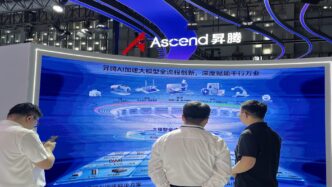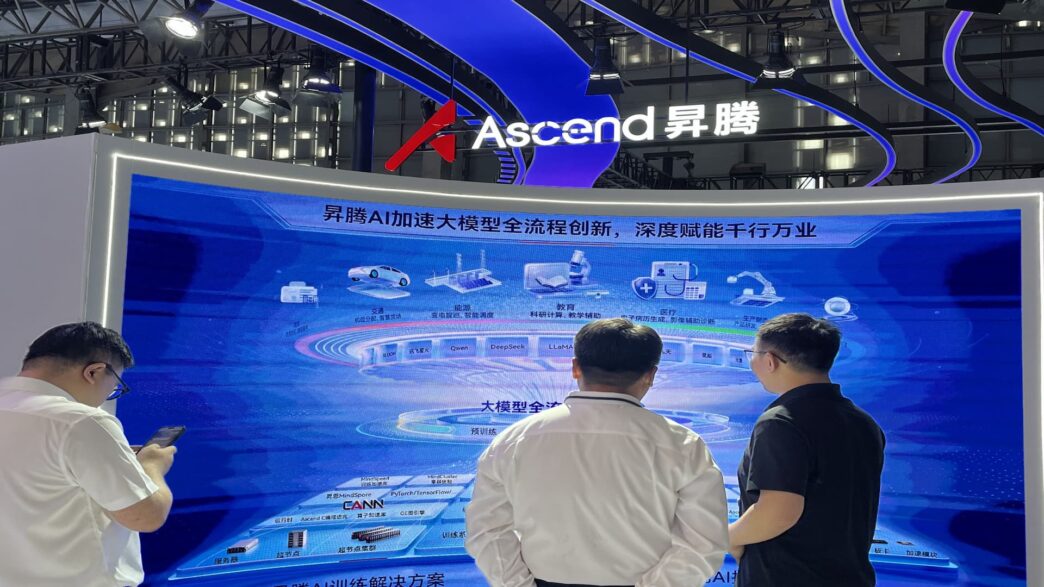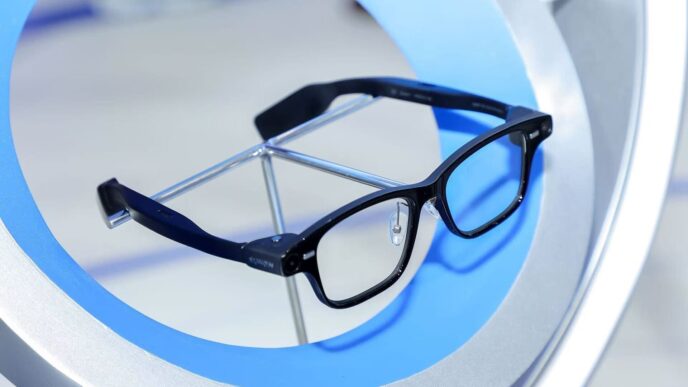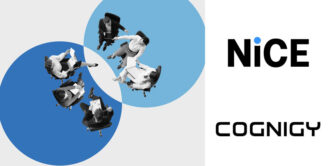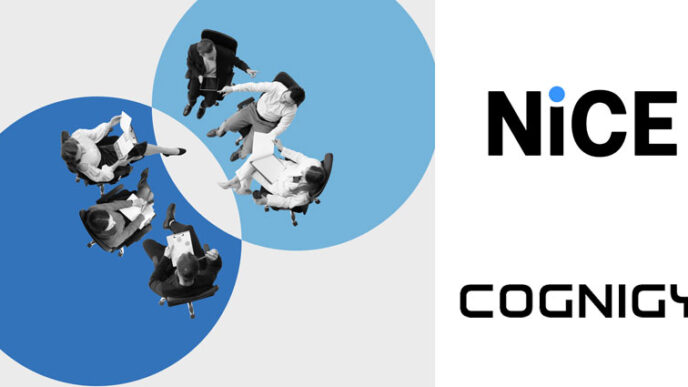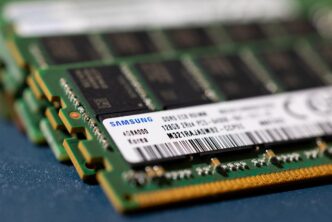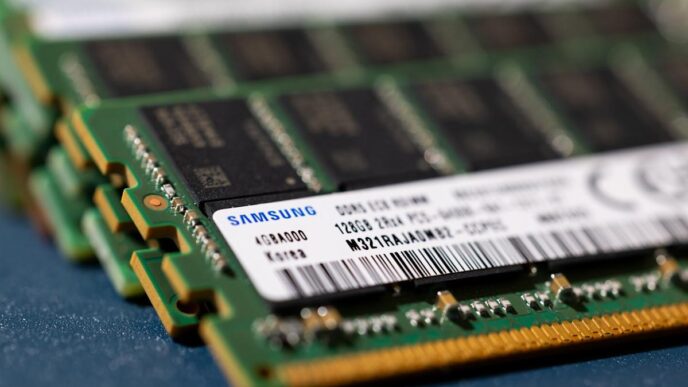Huawei rolled out its Ascend AI chips and the massive Atlas 900 A3 SuperPoD system at the World AI Conference in Shanghai on July 26, 2025. The setup links 384 Ascend chips to power AI training and applications.
Nvidia was notably absent from China’s biggest AI event despite CEO Jensen Huang’s Beijing visit just weeks earlier. The US chip giant declined to comment on missing the show amid ongoing export restrictions.
The Ascend chips are less powerful per unit than Nvidia’s latest Blackwell chips, but Huawei makes up ground by packing in five times more chips in its system. The trade-off: Huawei’s setup uses much more power, according to analysis by SemiAnalysis.
Other Chinese chipmakers, including Moore Threads and Yunsilicon, also had booths. Big domestic and international players like Tencent, Alibaba, Tesla, Google, Amazon Web Services, and Siemens showcased AI solutions with less reliance on Nvidia hardware.
NetEase’s Youdao showed off an AI-powered handheld study device mixing cloud and edge AI, highlighting power-efficient new chips supporting various products.
Nvidia’s sales to China were halted in April under US export controls targeting advanced AI chips. The company developed the less advanced H20 chip specifically for China, a $50 billion market, but shipment timelines remain unclear.
Phelix Lee, Morningstar analyst, said:
“Nvidia is the model in (AI) GPU development for the short to medium term not just because of H20, but also because of flagship products like the GB300.”
“The return of H20 could help Nvidia to remain as the de facto standard in AI datacenter systems, especially when domestic alternatives are lurking.”
Chinese Premier Li Qiang announced plans for a global AI cooperation organization likely headquartered in Shanghai, aiming to boost China’s push for tech independence and global AI standards.
This move follows US President Donald Trump’s American AI action plan focused on reducing alleged model bias and expanding US tech overseas.
